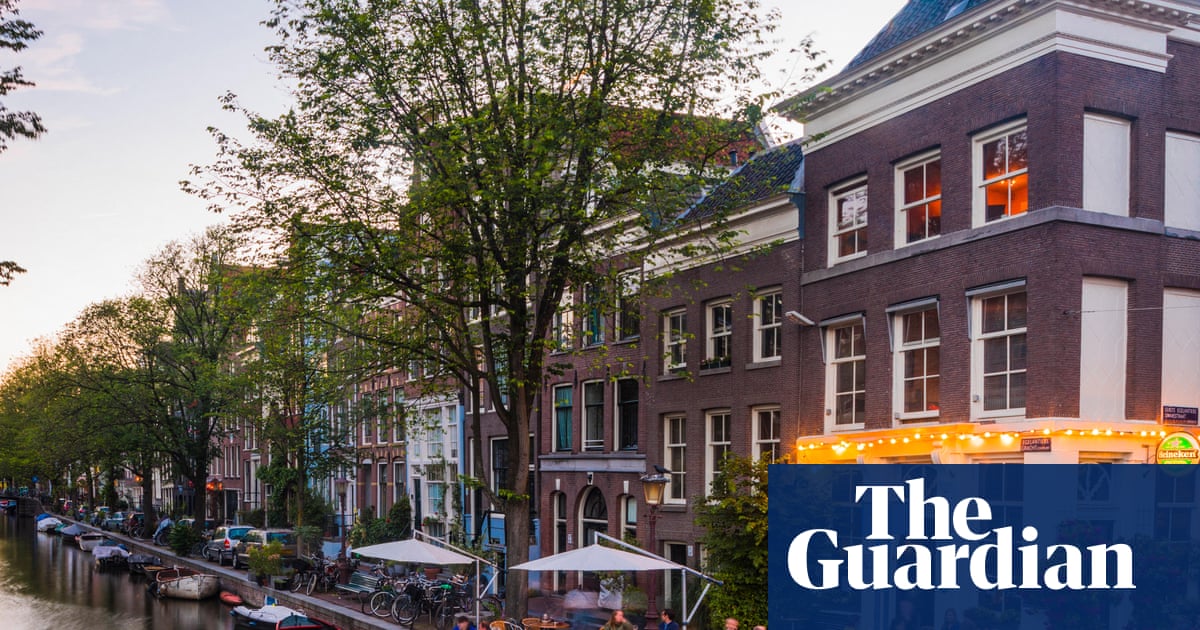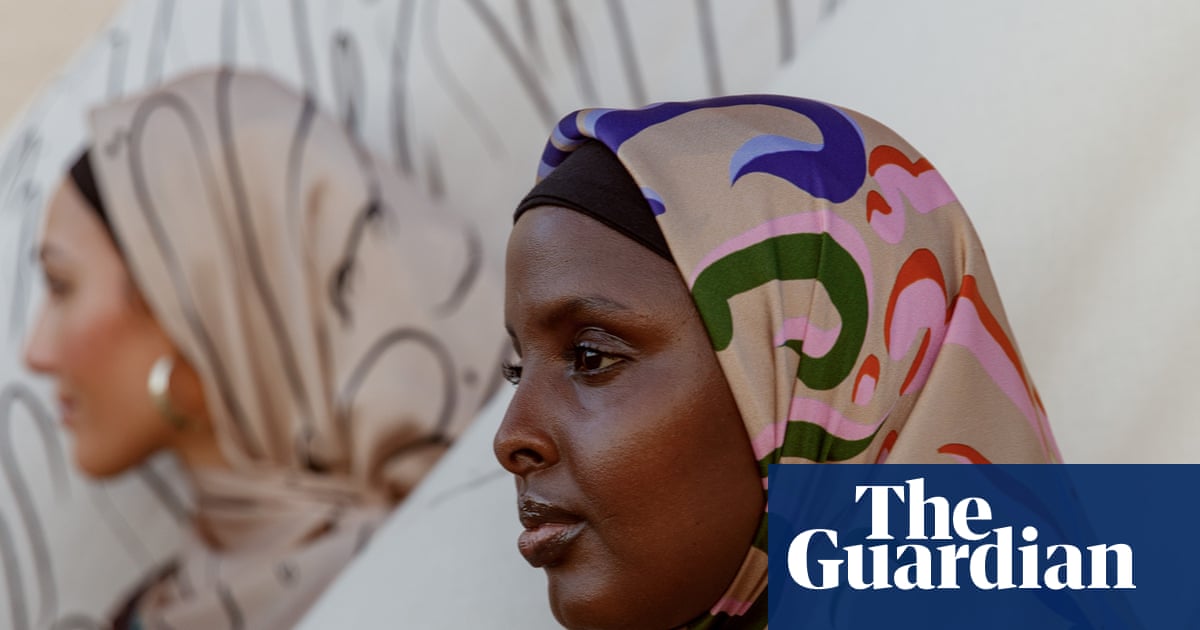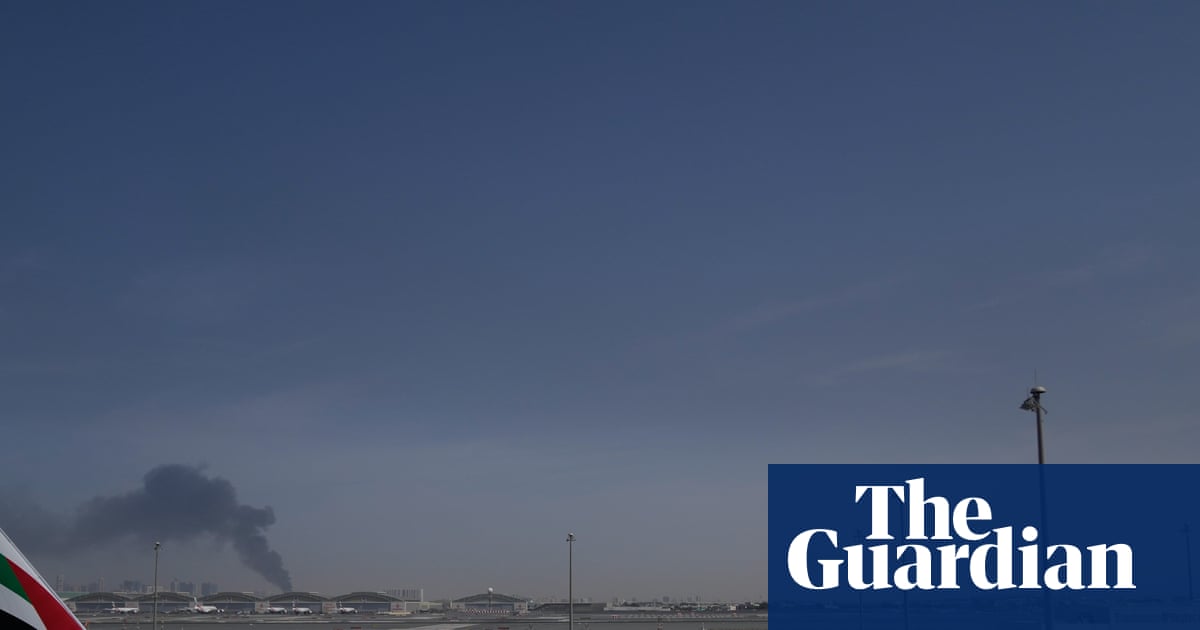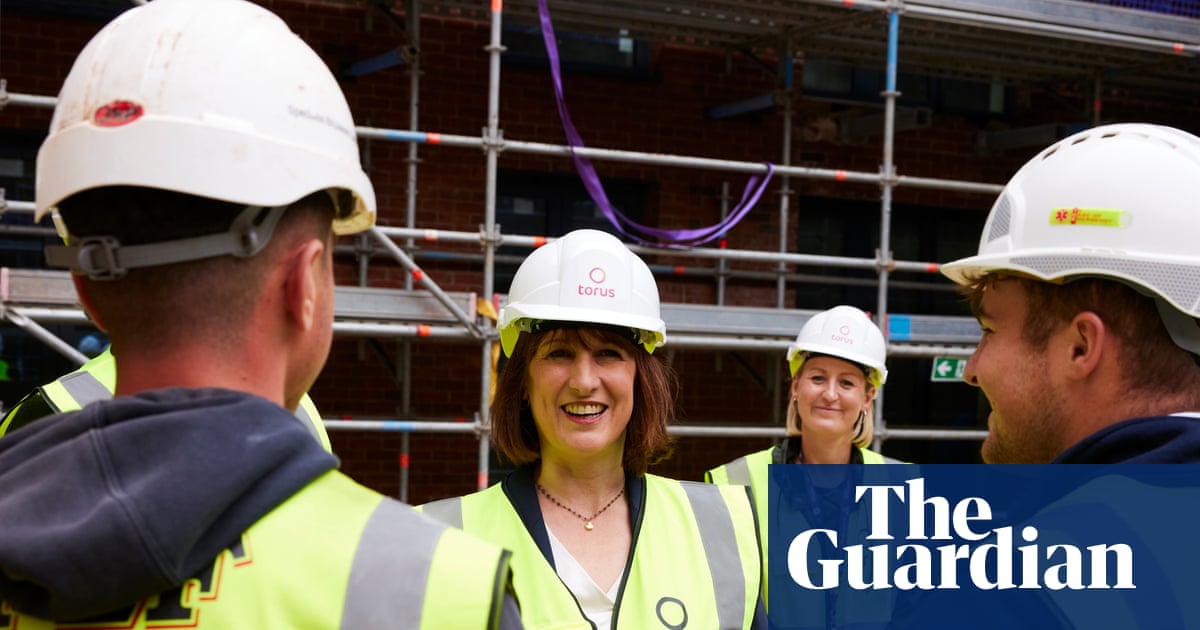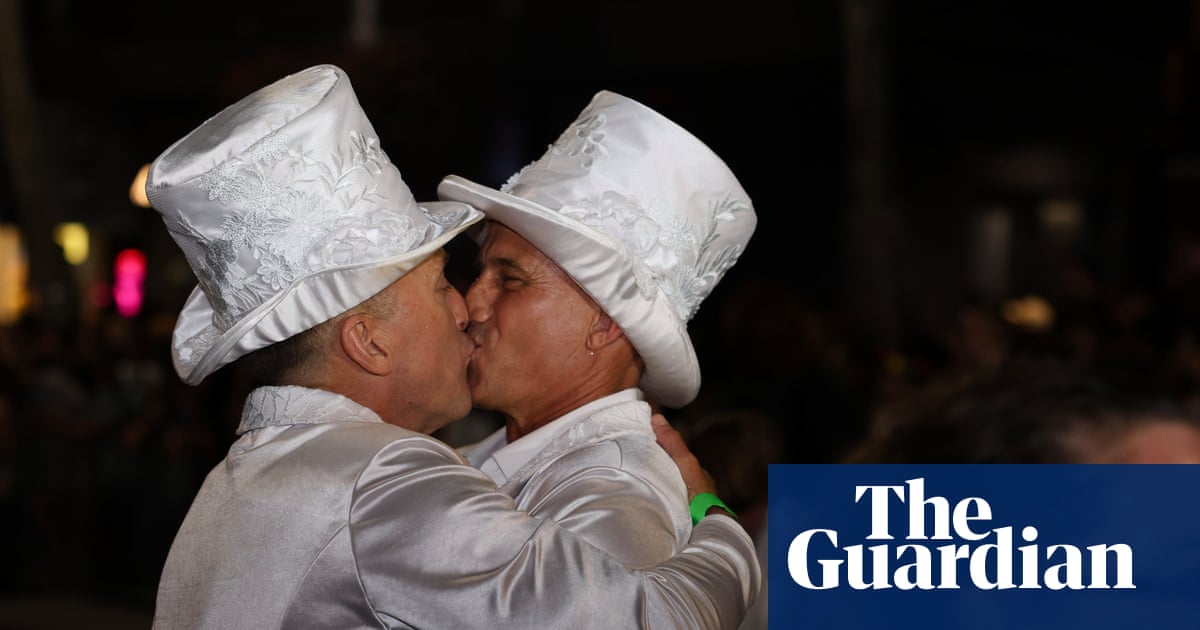Refugees who have established lives with homes and families in the UK – including Ukrainians – will still face having to return if their home countries become safe, the home secretary has said.
Shabana Mahmood said the asylum system was “out of control and putting huge pressure on communities” as she announced plans to end the permanent status of refugees, who will need to reapply to remain in Britain every two and a half years.
Mahmood will also announce on Monday that those granted asylum could be returned to their home countries when they are considered safe, a policy modelled on Denmark’s controversial system.
Refugees are currently given protection for five years, after which they can apply for indefinite leave to remain, which offers a pathway to British citizenship.
Mahmood’s changes will also include people who arrive illegally having to wait 20 years before they can apply for permanent settlement. This only expected to apply to new arrivals.
She rejected accusations that in promoting the policies, the government was using the language of the far right. “I am the child of migrants myself. My parents came to this country lawfully in the late 60s and in the 70s. Immigration is absolutely woven into my experience as a Brit and also that of thousands of my constituents,” she said.
“This is a moral mission for me, because I can see illegal migration is tearing our country apart. It is dividing communities. People can see huge pressure in their communities, and they can also see a system that is broken and where people are able to flout the rules, abuse the system and get away with it.”
Speaking to the BBC on Sunday, Mahmood said there would be different approaches depending on the circumstances. “What the new reforms will do is change that generations-old assumption that sanctuary provided to refugees can very quickly lead to permanent settlement and all of the rights that go alongside that,” she said.
“If you are working and contributing, you will be able to earn an earlier settlement ... And the totality of that package will promote fairness and contribution.”
She said Ukrainians had come to the UK under a different system but it is still a temporary arrangement. “They’re not, in fact, considered refugees in the normal run of things. It is a bespoke scheme for Ukrainians, which I’m very proud that this country did, and we will always fulfil our obligations under that scheme.
“And of course, it is the wish of most of those Ukrainian individuals that one day they will return to Ukraine once the conflict is over.”
Mahmood said some rules had led to a system under which asylum seekers had more access to protected accommodation than British citizens, such as those around anti-social behaviour and council housing. She said about 10% of people in asylum accommodation had the right to work though no obligation to do so, but that would change.
“There is also no expectation that people have to comply with the rules in order to retain their asylum accommodation. There’s also no expectation that if you break the law of this country, you lose your accommodation,” she said.
“That actually places those individuals in a better position than most British citizens in social housing in this country, and I think it’s right to say that we will now expect people to comply with the law of the land, to comply with the rules, to do as they’re asked to do.
“And if they can work, and it is a small number that have the right to work, but if they can work, they should work and support themselves.”
The home secretary plans to amend laws that guarantee housing and financial support to asylum seekers who would otherwise be destitute.
after newsletter promotion
The government has said assistance will become discretionary, meaning it will be able to deny help to those who can work or have assets.
Mahmood has pitched the package of proposals as “the most sweeping reforms to tackle illegal migration in modern times”, designed to “restore control and fairness to the system”.
There are about 100,000 people in receipt of asylum support in the UK, the vast majority of whom are accommodated by the state. About a third remain in hotels, although Labour has pledged to end this practice by 2029.
About 8,500 people in asylum accommodation have the right to work because they entered the country on a visa and later claimed asylum.
Those without visas whose claims remain outstanding after a year through no fault of their own are sometimes permitted to take on paid work, but only in a limited number of fields where there is deemed to be a significant shortage of suitable candidates.
The Home Office also announced overnight that AI would be used to assess the ages of migrants who arrived illegally, saying an inaccurate system meant those claiming to be underage or being mistakenly classed as adults was putting children at risk.
The facial age-estimation technology has been trained on thousands of images, but it is likely to lead to concerns from migrants’ rights groups that it could incorrectly classify children as adults and put them in harm’s way.
The Home Office has said the technology is more accurate and cost effective than other methods.

.png) 3 months ago
68
3 months ago
68








